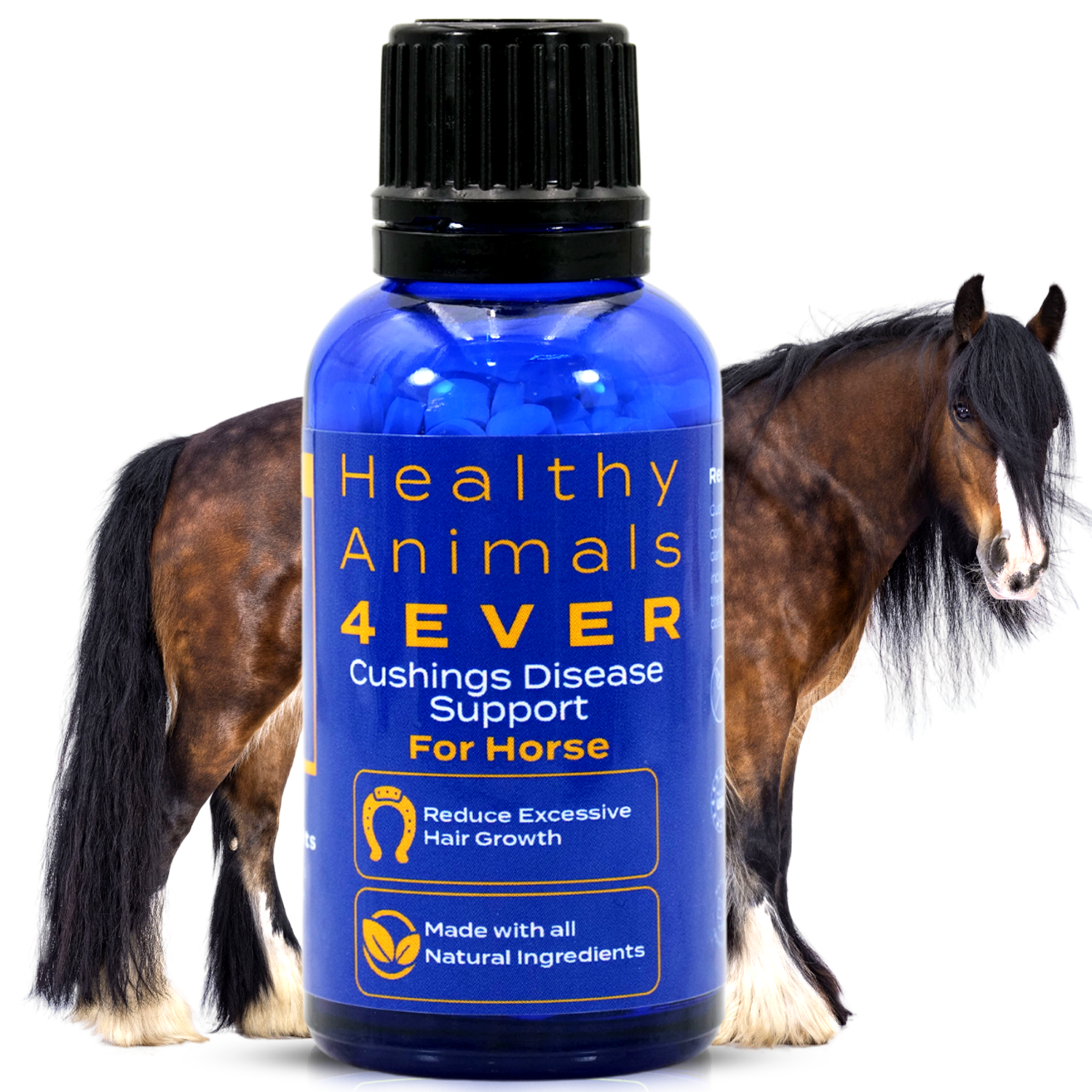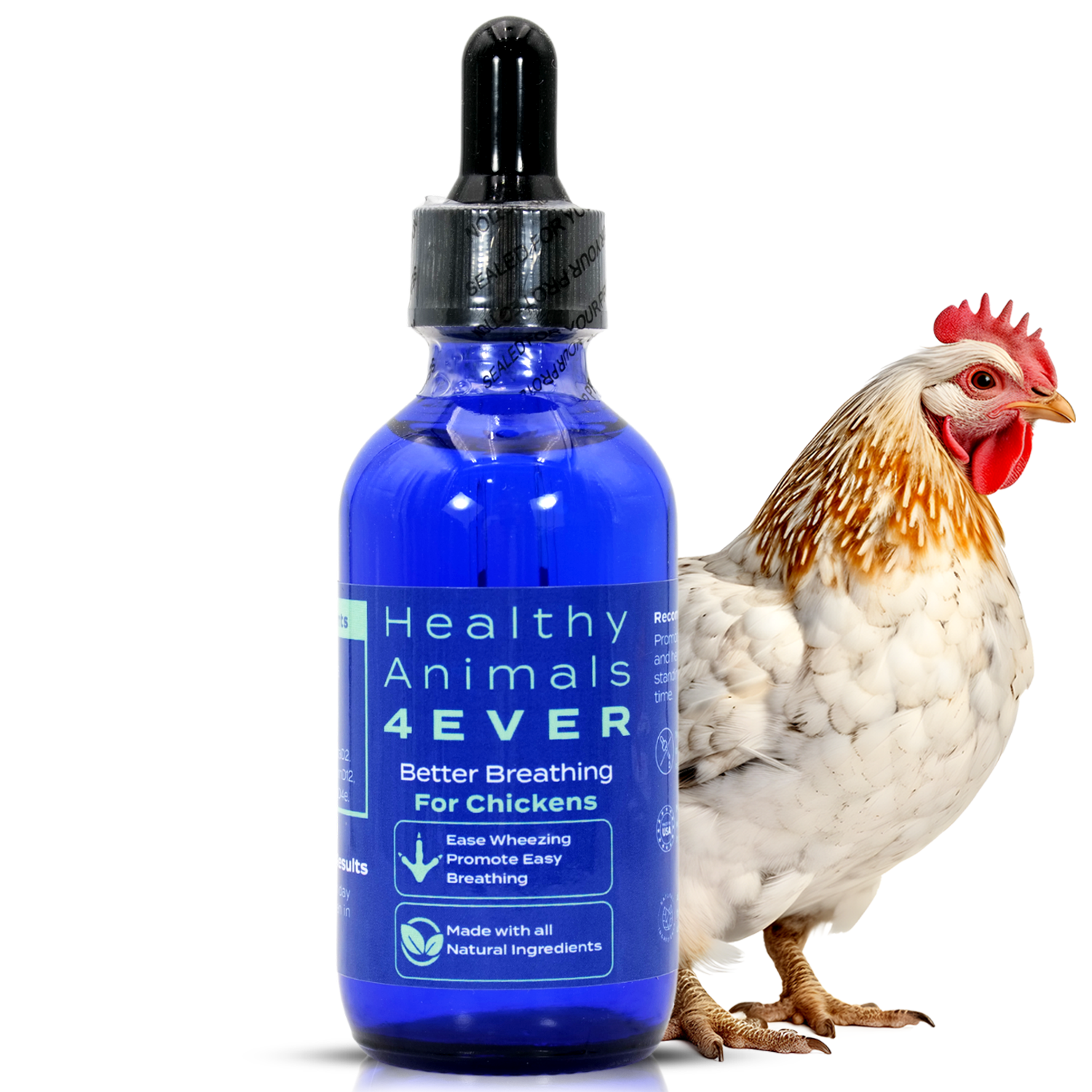Effective Natural Remedies for Laminitis and Hoof Health
Laminitis is one of the toughest hoof problems a horse can face. However, there are plenty of natural ways to support hoof health and manage laminitis that don’t rely solely on medications or harsh treatments.
What your horse eats, the herbs and supplements you use, and good hoof care and lifestyle choices can all make a big difference. In this blog, we’ll explore simple, natural remedies for laminitis that help keep your horse’s hooves healthy, comfortable, and strong.
Laminitis Support is a natural remedy for horse Laminitis. Recommended for inflamed hooves, pain, and discomfort. Supports healthy hoof growth. All-natural formula. Suitable for horses of all ages and activity levels. Easy to take.
Understanding Laminitis
Laminitis is basically inflammation inside the hoof, and it can be really painful for your horse. If it’s left untreated, it can lead to serious damage or lameness.
What causes laminitis?
-
Eating too much rich grass or grain, especially stuff high in sugars and starches
-
Stress or illness
-
Hormonal problems, like Cushing’s disease
-
Anything that messes with blood flow or causes inflammation in the hoof
How do you know if your horse has it?
-
They might act stiff or hesitant to move
-
Shifting weight from foot to foot
-
A strong pulse in the hoof area
-
Standing with front legs stretched out to ease pressure on hooves
-
Heat, swelling, or unusual hoof shape
Catching laminitis early is key. The sooner you notice it, the easier it is to manage.

The Role of Nutrition in Laminitis Prevention
Diet plays a huge role in preventing laminitis and supporting healthy hooves.
What to avoid:
-
Sugars and starches can cause insulin spikes that trigger laminitis
-
Too much grain or sweet feed
-
Rich, lush pasture during peak growing times (spring and fall)
What to feed instead:
-
Good quality, mature hay is lower in sugars and better balanced
-
Soaked hay can help reduce sugar content even more for sensitive horses
The goal is a balanced diet that supports your horse’s overall health and keeps hooves strong and inflammation low.
Herbal and Natural Remedies for Laminitis
Herbs, homeopathy, and supplements can all work together to reduce inflammation, ease pain, and promote healthier hooves. These natural options are gentle on your horse and often come with fewer risks compared to some conventional treatments.
Herbal Remedies
Turmeric and devil’s claw are popular because they have natural anti-inflammatory and pain-relieving properties. These herbs are typically fed to horses in powdered or dried form, mixed into their daily feed.
Turmeric helps calm inflammation from the inside out, while devil’s claw can soothe joint and hoof discomfort.
Natural Supplements
Supplements such as magnesium and omega-3 fatty acids can help reduce systemic inflammation, calm the body, and support overall hoof health.
Other beneficial supplements for hoof health include biotin, methionine, zinc, and copper. These nutrients are essential building blocks for strong, resilient hooves. Biotin is especially known for promoting healthy hoof growth, while zinc and copper contribute to maintaining the structural integrity of the hoof horn.

Homeopathic Remedies
Homeopathy is a natural system that uses highly diluted substances to help the body heal itself. For laminitis, homeopathic remedies have been traditionally used to reduce inflammation, ease pain, and support hoof recovery, without any harsh side effects.
We offer two specially made natural homeopathic products to support your horse.
The Natural Laminitis Support Formula is designed specifically for laminitis and sore, inflamed hooves. It’s made with only natural ingredients, so it’s completely safe and risk-free. This formula helps reduce pain and discomfort, supports healthy hoof growth, and promotes long-term well-being. It’s easy to give, gentle to use, and suitable for horses of all ages and activity levels.
Laminitis Support is a natural remedy for horse Laminitis. Recommended for inflamed hooves, pain, and discomfort. Supports healthy hoof growth. All-natural formula. Suitable for horses of all ages and activity levels. Easy to take.
The Natural Horse Hoof Health Formula helps with common hoof problems like cracks, soreness, and brittle hooves. It encourages healthy hoof growth, soothes irritation, and supports tougher hooves that can handle everyday wear. Like all our products, it has no harsh side effects and is 100% natural, organic, chemical-free, and GMO-free.
Hoof Issues Support is a natural remedy for hoof-related issues. Helps with cracked hooves, brittleness, and discomfort during movement. Promotes healthy hoof growth while soothing irritation. All-natural formula. Safe and gentle for all horse breeds.
When used along with a good diet and proper hoof care, these homeopathic formulas can naturally boost your horse’s comfort and hoof health.

Proper Hoof Care and Maintenance
Regular care not only helps prevent laminitis but also keeps your horse comfortable and moving well.
Here’s what good hoof care looks like:
-
Regular trimming: Hooves should be trimmed every 6 to 8 weeks to maintain their proper shape and balance. Overgrown or uneven hooves can cause stress and lead to problems like laminitis.
-
Cleaning: Pick out the hooves daily if possible, especially after being in muddy or wet conditions. This prevents debris build-up and infections.
-
Natural trimming techniques: Some horse owners prefer barefoot trimming or natural balance trimming, which focuses on maintaining the hoof’s natural shape and function without shoes. This can strengthen the hoof and improve circulation.
Hoof protection options:
-
Hoof boots: Great for horses with sensitive or recovering hooves, boots protect from hard or rough terrain without the need for permanent shoes.
-
Pads: Sometimes used to cushion the hoof and reduce pressure, especially in cases of laminitis or soreness.

Environmental and Lifestyle Management
Taking care of your horse’s hooves also involves paying attention to their environment and daily routine:
-
Pasture management: Rich, lush grass can be a major trigger for laminitis because it’s high in sugars (especially in spring and fall). Limiting your horse’s time on these pastures or using grazing muzzles can help control their intake.
-
Exercise matters: Keeping your horse moving helps maintain a healthy weight and promotes good circulation in the hooves. Both of these things reduce the chances of laminitis.
-
Weight management: Overweight horses are much more prone to laminitis. If your horse is carrying extra pounds, talk to your vet about a safe weight-loss plan that includes diet changes and exercise.
-
Stress reduction: Just like us, horses can get stressed out, and stress can affect their health. Keeping their environment calm, maintaining a consistent routine, and providing companionship can help keep stress levels down and support overall health.

The Bottom Line
Caring for your horse involves a combination of good nutrition, natural remedies, proper hoof care, and smart lifestyle choices. To help prevent laminitis and keep your horse moving comfortably, pay close attention to their diet, use homeopathic remedies, maintain a safe and clean environment, and stay consistent with regular hoof care.








